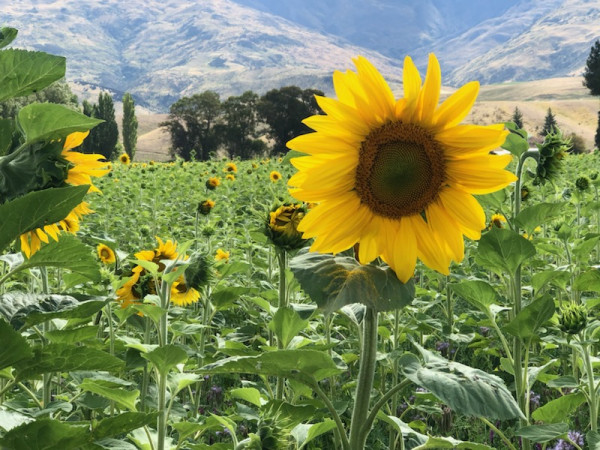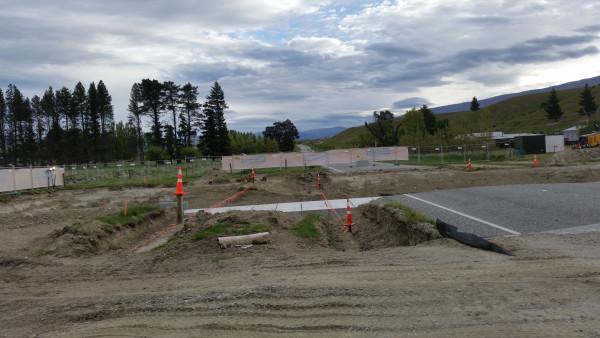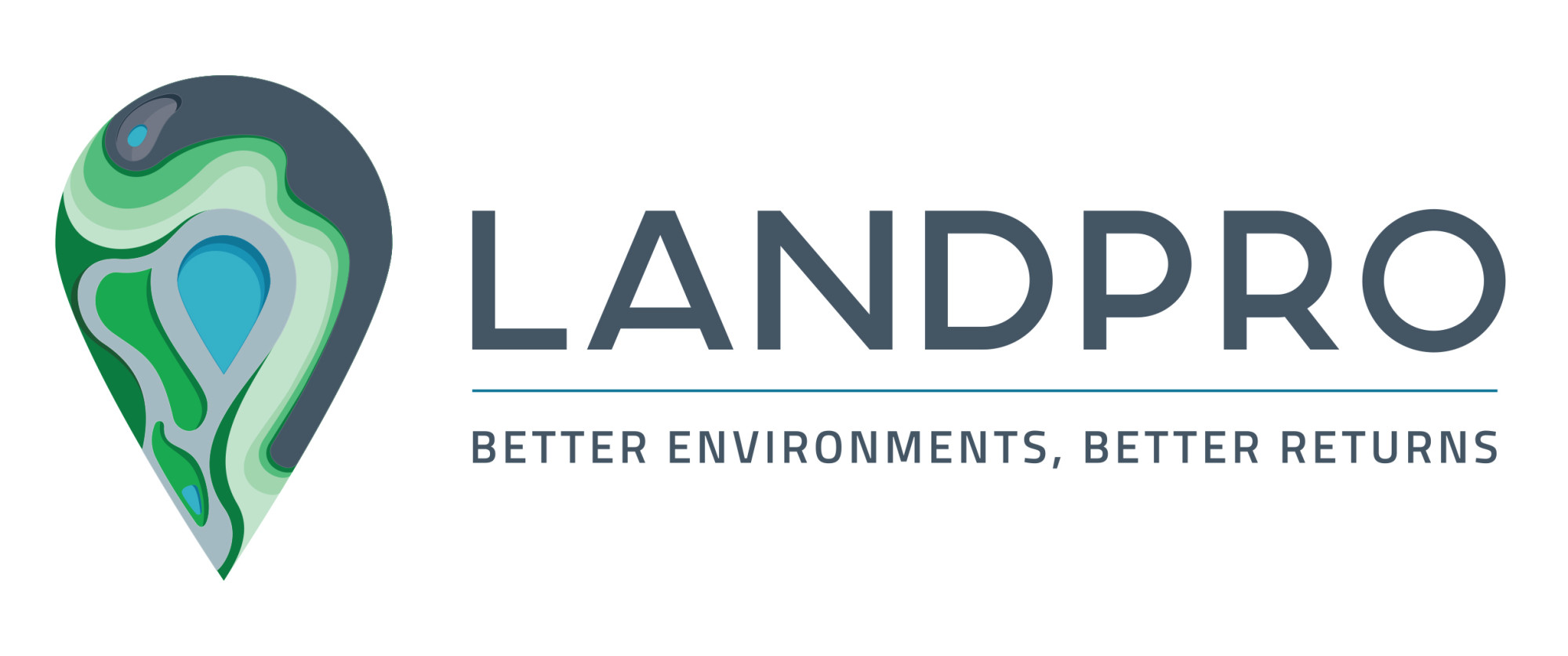Nestled near Luggate in the Otago region lies Tinwald Farm. The regenerative farm is owned by Amanda and Adrian Currie, who like to challenge the status quo — from projects like sheep dairying and sunflower growing, to drawing on the passions of young agriculture students. It has been an incredible experience for our team to work with Tinwald Farm to help them achieve their sustainability goals.
Over the years, our team at Landpro has become an integral part of Tinwald Farm's journey. We've offered our expertise in many ways, bringing both advice and creativity to the table to enhance their practices and sustainability efforts.
Tiny Home Accommodation: Creating a Sustainable Community
Brodie Costello, our Senior Planner and a jack-of-all trades, collaborated with Tinwald Farm to establish tiny homes on the premises, serving as accommodation for workers or students. The comprehensive project involved the planning and the submission of multiple consent applications.
The accommodation, implemented in two stages, comprised of two three-bedroom units, four one-bedroom units, a gym, and a communal facility equipped with a laboratory. Beyond offering a communal space for workers, this shared facility supports essential microscopy work contributing to the farm's agricultural and viticultural operations. Brodie explained that the microscopic perspective allows them to assess the effectiveness of their practices, enabling adjustments in areas with different soil characteristics.
Challenges often spark creativity, and our team seized the opportunity to think innovatively. When concerns arose regarding the visual impact of the buildings, our team, in collaboration with Amanda Currie, the farm owner, devised a unique solution—planting annual flowers such as sunflowers. This not only added aesthetic appeal, but also meant that Tinwald Farm could harvest the sunflower seeds for use on the farm.
Sunflowers, thriving in summer, coincided with peak tourism traffic, addressing the visual impact concerns raised in the consents process. Brodie highlighted that traditional screen planting would typically involve "a row of pines or pittosporums, or something pretty boring," whereas sunflowers were a different solution.
Brodie reflected on the uniqueness of the project, stating, "The coolest part was that it was something different. It’s great to put forward a project with a positive spin on it and introducing something visually appealing to the area."
So, if you find yourself driving past Tinwald Farm this summer, keep an eye out for a 6-metre-wide strip of sunflowers along the roadside of State Highway 6.

Sheep Dairying: Exactly as it Sounds.
Our team assisted Tinwald Farm with yet another unique project – establishing a sheep dairying operation.
“Sheep Dairying is fairly unusual, and not very common at all down south. I'm only aware of one other commercial operation in Southland doing sheep dairying. It’s certainly something a bit different compared to regular dairy milking,” explained Brodie.
Tinwald Farm wanted to start sheep milking and making sheep cheese on their farm. They approached us for assistance in preparing a resource consent application to the Otago Regional Council, aiming to gain approval for milking up to 300 sheep and establishing the necessary infrastructure for handling animal waste. This involved the construction of a milking shed, concrete sumps, and storage tanks to manage the effluent produced.
Aligning with their regenerative objectives, we aided them in securing a discharge permit to responsibly spread the effluent across the farm. Brodie said he made sure that obtaining consent from the Otago Regional Council was a straightforward process as possible.
Our team provided guidance on the best areas for effluent application, minimising potential environmental effects by reducing the inputs needed on their farm whilst avoiding spreading too close to waterways, roads, and neighbouring houses. Strategic consideration was given to the location of lower, less productive paddocks, directing effluent use to enhance growth in those areas. Now, Tinwald Farm can reduce their reliance on external fertilisers, promoting overall farm health.
NZTA Stock Underpass: Ensuring a Safe Passage for Livestock
Another project we were involved with was the surveying and construction of a stock and vehicle underpass beneath State Highway 6. The goal was to create a safer pathway for moving livestock and machinery within the farm eliminating the need for them to cross the highway.
Under the guidance of Richard Ford our team handled topographic surveying, earthwork plans, construction design, setout, and applications for roading permissions to facilitate the project. Collaborating closely with construction contractors and Aspiring Highways (on behalf of Waka Kotahi), we ensured the successful completion of the stock underpass.
This project not only prioritised the safety of both workers and livestock, but also showcased our team's dedication in navigating complex regulatory processes for roading permissions. The outcome is a robust underpass, which ensures the well-being of Tinwald Farm's livestock and safety of staff, while minimising disruptions to highway traffic.

The Future of Farming
It's fair to say that our work with Tinwald Farm so far has been diverse and collaborative - which is just how we like it! From creating tiny home communities to pioneering sheep dairying and building safe livestock infrastructure, we've relished the opportunity to think creatively.
Tinwald Farm Owner Amanda Currie says that as they have developed their business, they’ve used Landpro for advice and help when navigating the regulatory environment in their region.
On the relationship, she explained, “what I like most about Landpro is their willingness to get alongside us and understand what we are trying to achieve. I know I can rely on them to deliver expert advice to the highest professional standards across a range of regulatory activity. That makes them my advisers of choice whether it’s a detailed consent we need or just a sounding board for ideas.”
By embracing Tinwald's visionary sustainability goals, we’ve been able to take a positive and innovative approach to agricultural development. As this forward-thinking farm continues to practise regenerative agriculture, we will remain a trusted partner on their journey.
